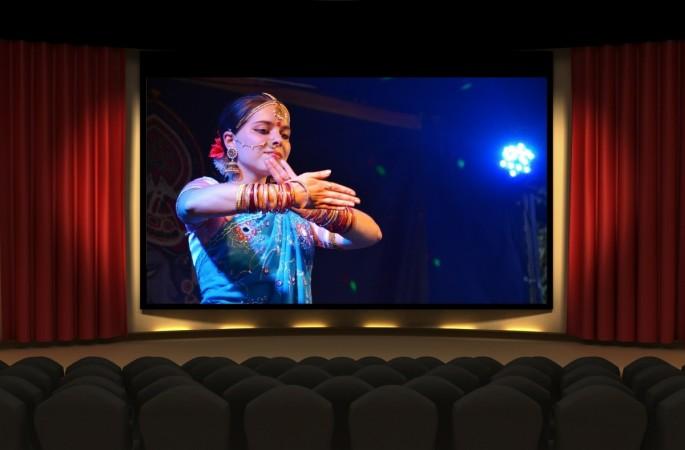
The Central government, in response to many disabled and differently-abled people, complaining about standing up during the national anthem played in theatres, has released a list of guidelines for them.
The government's measure is meant to assuage their fears and reduce instances of disrespect being shown to the national anthem.
The Supreme Court, on November 30, had in an order made the playing of the national anthem mandatory in all cinema halls before a movie was played. It had also made it an offence for people not standing up during the national anthem, and several were even arrested for this offence soon after!
Now, the Ministry of Social Justice and Empowerment has come up with what it calls "guidelines prescribing modalities for persons with disabilities to show respect to the national anthem." However, it notes that these do not apply to the able-bodied escorts who may accompany the differently-abled to theatres, and that they should stand up when the national anthem is played.
For those with physical and locomotor disabilities
The ministry has said in its statement: "Persons with locomotor disabilities with lower limbs affected, and wheelchair users who are not capable of standing may position himself or herself to the extent of maximum attentiveness and alertness with or without the help of appropriate aids and appliances. If the person with disability is on crutch, he or she should become stable (non-mobile) to the extent of maximum alertness."
This may apply to not only those without lower limbs but also those who are paraplegic or have experienced other forms of paralysis.
For the partially or totally hearing-impaired
The guidelines say: "Persons with hearing disabilities (deaf or hard of hearing) shall stand with attentiveness. However, there must be appropriate indication on the screen that the national anthem is being played or sung as the person with hearing disability is likely to miss the auditory cues."
They add: "Suitable instructions can be given in the form of captioning as well as in sign language on the screen so that the persons with hearing impairment are well informed that the national anthem is being played." It may be noted that people are often instructed to rise before the national anthem with an announcement on the screen.
For the blind
The ministry has also issued guidelines for if and when a partially or totally visually-impaired person goes to a cinema hall: "Persons with blindness and low vision shall stand up in respect of national anthem." They can catch the auditory clues.
For the intellectually-isabled
The Ministry of Social Justice and Empowerment says of someone with intellectual disabilities — like Parkinson's disease or Down's syndrome, coming to cinemas: "The persons with intellectual disabilities will have behavioural problems like flapping of the hands, screaming, shouting, abnormal body movements, difficulty in performing practical task etc."
In such cases, the ministry puts the onus on the common man to accommodate them, saying: "The public is required to be sensitised so as to avoid any unwarranted incident against persons with intellectual disabilities and they are not being harassed."









